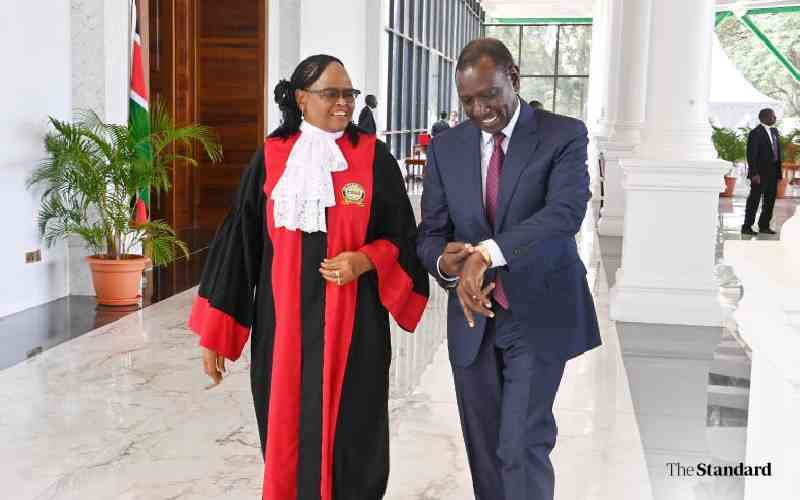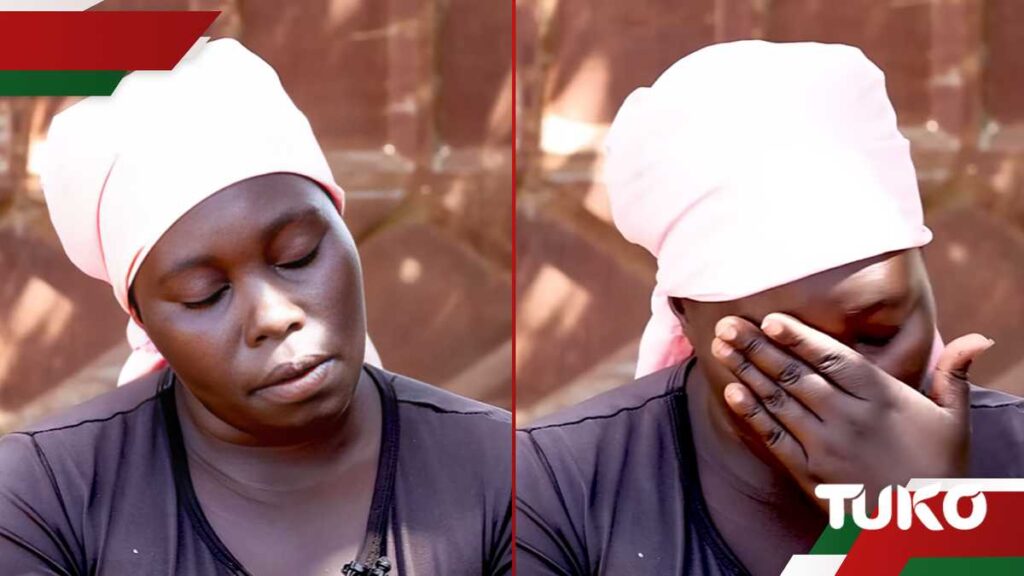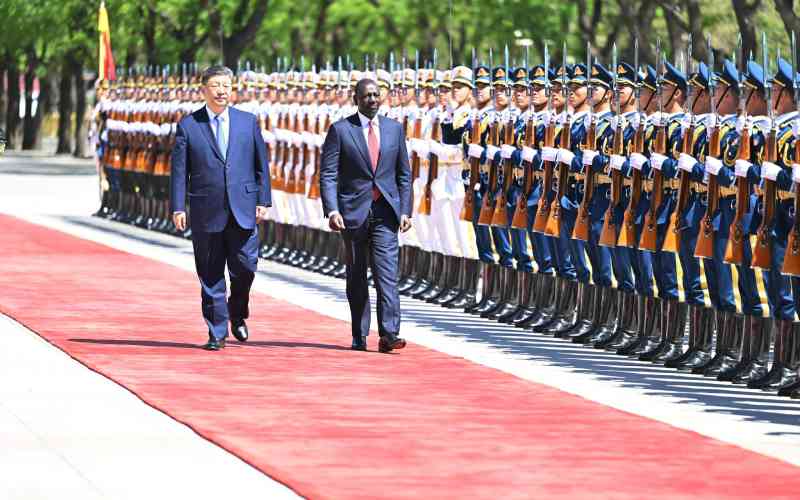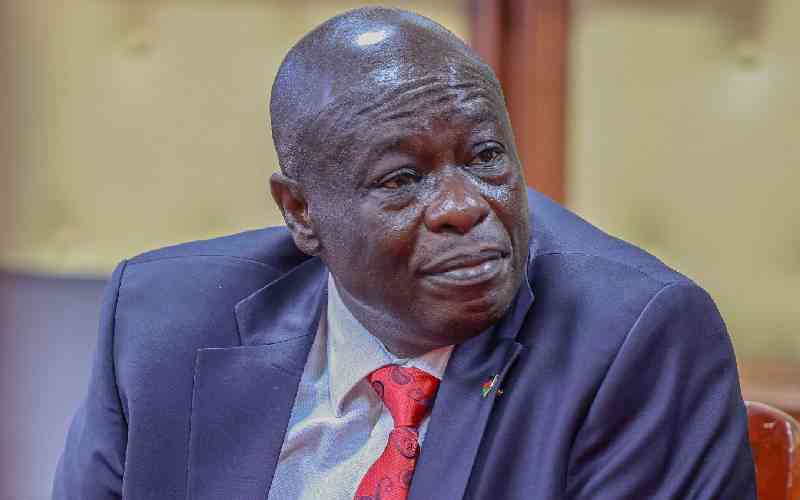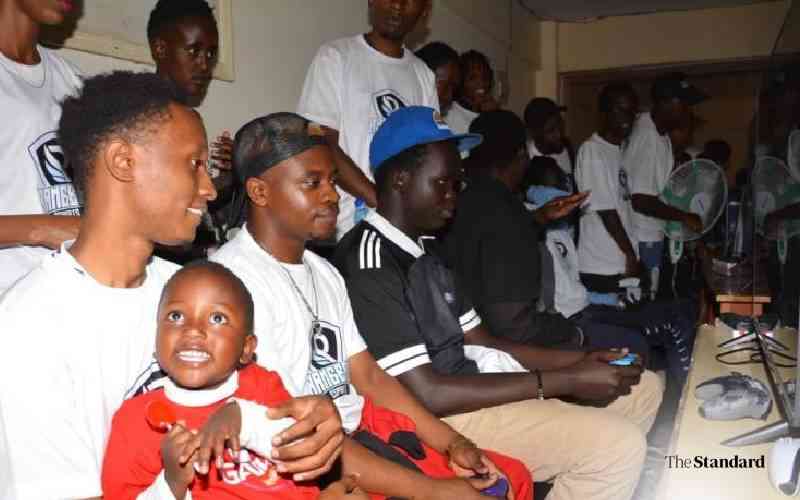In his inauguration speech on September 13, 2022, President William Ruto said his administration would increase allocations to the Judiciary by Sh3 billion every year in his first term in office.
President Uhuru Kenyatta’s administration was accused of under-funding the Judiciary, hence President Ruto’s promise to give them additional financing when he took over power.
“My administration will scale up the budgetary allocation to the Judiciary by an additional Sh3 billion annually for the next five years. These resources will support the bottom-up scaling of justice by increasing the number of small claims courts from the current 25 to 100,” said Ruto.
His pronouncement, however, can be added to his now long list of promises that are short on implementation.
According to the Treasury’s budget documents, there was an increment of about Sh1 billion during the administration’s first budget 2023/2024 when the Judiciary was allocated Sh22.43 billion from Sh21.13 billion it had received the previous year.
In the current financial year, the amount went down to Sh22.2 billion.
A July 2010 report by the Task Force on Judicial Reforms observed that “to enhance the independence, operational autonomy, efficiency and effectiveness in the governance and management of the Judiciary, it is recommended the annual budgetary allocation to the Judiciary be augmented to a minimum of 2.5 per cent of the national budget, provided that this percentage may be increased in future to cater for the Judiciary’s needs.”
The Judiciary further notes that “given the cost of inflation and expansion of the Judiciary since 2010, it is recommended that the budget allocation be enhanced to a minimum of 3.5 per cent of the national budget.”
The Judiciary’s approved budget allocations for 2021/2022 was Sh18.56 billion, Sh21 billion in 2022/2023 and Sh22.4 billion in 2023/2024.
Recently, the Judicial Service Commission cancelled interviews for Court of Appeal and High Court judges, which had been advertised in anticipation of funding.
Higher deductions on health insurance and NSSF, and the mandatory Affordable Housing Levy — with employers required to match the employee contribution — have increased expenditure.
The Judiciary’s allocation for compensation to employees rose from Sh10 billion in 2021/2022 to Sh13.9 billion in 2023/2024.
“When the judiciary is not performing in financial capacity, a lot of things cannot run. Sometimes you find one or two courts in a whole county. Even with mobile courts, moving magistrates around becomes a problem,” said a source in the Judiciary.
In the next financial year, the Judiciary expects to be allocated Sh24.94 billion — Sh23.437 for recurrent expenditure and Sh1.5 billion for development. Its medium-term expenditure framework said it would need Sh40.1 billion for 2025/2026, of which recurrent requirement is Sh31.6 billion and a development vote of Sh8.5 billion.
Stay informed. Subscribe to our newsletter
Some projects like the construction of Homa Bay courts have stalled.
In 2023/2024, the number of pending bills was 811, up from the 103 the previous year.
The Judiciary has said it requires Sh31.6 billion to cater for, among others, clearance of case backlog, establishment of new courts, automation of court processes, facilitation of special benches and circuits, mobile courts, leasing of motor vehicles, recruitment and operational costs.








